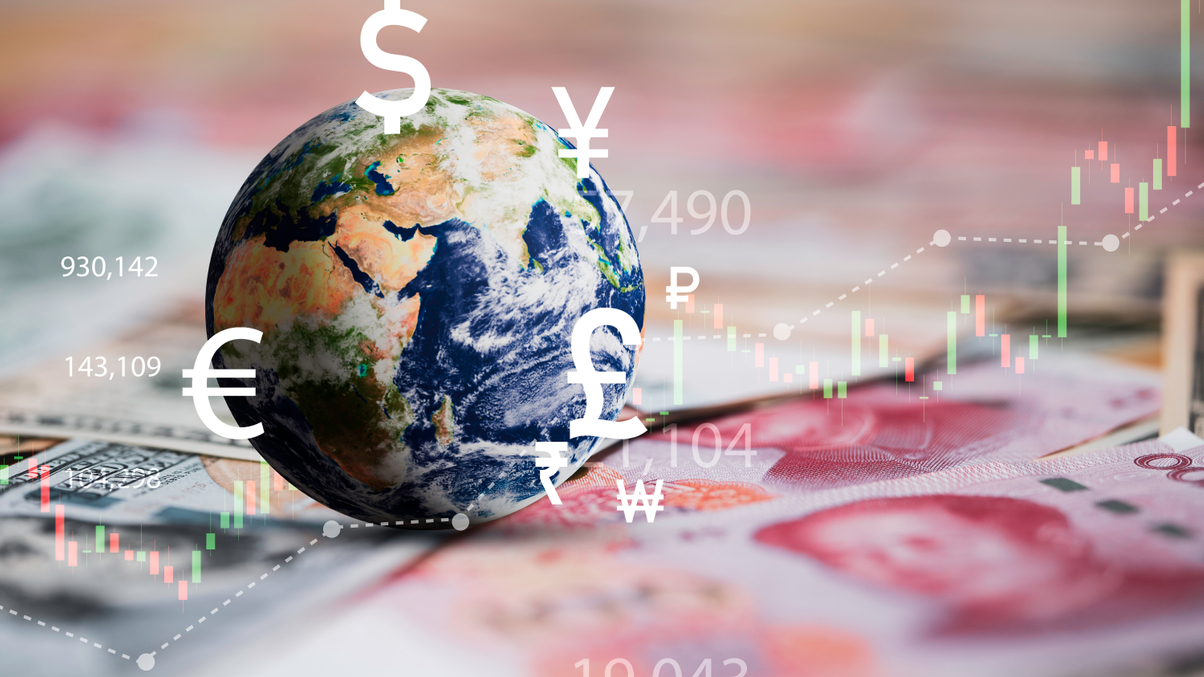Ping An targets top overseas PE managers, hedges FX risk
The Chinese life insurance giant places more overseas assets into private equity compared to other asset classes, says its CIO.

Ping An Insurance Group expects healthy long-term performance of its overseas private equity investments as the insurer has full faith in its best-in-class global managers.
Sign in to read on!
Registered users get 2 free articles in 30 days.
Subscribers have full unlimited access to AsianInvestor
Not signed up? New users get 2 free articles per month, plus a 7-day unlimited free trial.
¬ Haymarket Media Limited. All rights reserved.


